Russia’s war has united Europe, but highlights bloc’s dependence on US
As the war in Ukraine approaches 2023, Europe has never been as united against Vladimir Putin’s Russia - nor as dependent on the US for holding the Russian leader back.
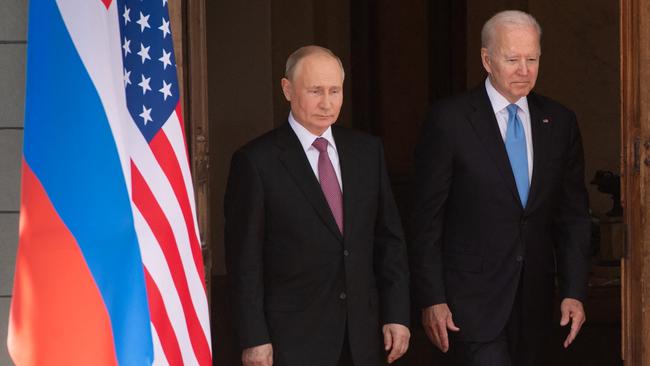
As the war in Ukraine approaches 2023, Europe has never been as united against Vladimir Putin’s Russia -- nor as dependent on the U.S. for holding the Russian leader back.
For years, the U.S.’s European allies struggled to reach a shared view of Mr. Putin, with France and Germany pushing the case for engaging with the authoritarian leader, over the building frustration of countries closer to Russia, who believed only determined resistance could stop him from pursuing his expansionist agenda in Europe’s east.
Since Russia’s full-scale invasion of Ukraine in February, those differences have receded compared with the common sense of purpose among Europe’s democracies that Ukraine must be armed to rebuff Russia’s attempt to forcibly redraw the continent’s borders.
But despite the broad consensus from Portugal to Poland, the European allies all find themselves in Washington’s slipstream, reacting to the course set by the Biden administration, which has recently sent mixed messages across the Atlantic on whether the time has come to push Kyiv into negotiations.
Mr. Biden is expected to sign a spending bill in the coming days that includes nearly $45 billion in aid for Ukraine and North Atlantic Treaty Organization allies, underscoring once again the U.S.’s dominant role in providing arms and financing to support Kyiv and rein in Mr. Putin’s aggression.
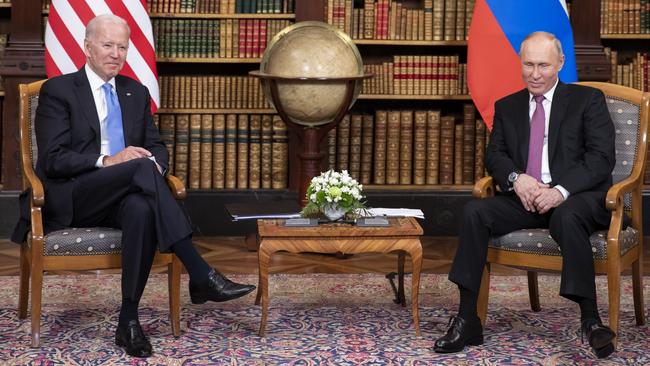
Although European Union leaders recently pledged billions of euros more to keep Kyiv afloat, they are left reading cues from Washington on the central strategy questions for the coming months: How much firepower should Ukraine receive in its quest to retake occupied territory from Russia’s invasion forces? How much Western weaponry would risk an uncontrolled escalation of the war? And what sort of compromises should Ukraine contemplate if it can’t drive Russian troops off its land entirely?
“The whole war effort has been a complex orchestra, but it’s been conducted from Washington,” said Rosa Balfour, director of Carnegie Europe, a think tank in Brussels. “The conflict has confirmed European security to be within NATO. There’s no alternative.” Within Europe, opposition to the pro-Kyiv policy has remained muted. Mr. Putin’s bet that, by throttling energy supplies to the bloc, he could weaken European countries’ commitment to helping Ukraine and sanctioning Russia hasn’t paid off.
His all-out assault on Ukraine, including the attempt to conquer the capital Kyiv, the many reports of war crimes and the regular missile attacks on Ukrainian cities, have pushed nearly all European countries into embracing sanctions.
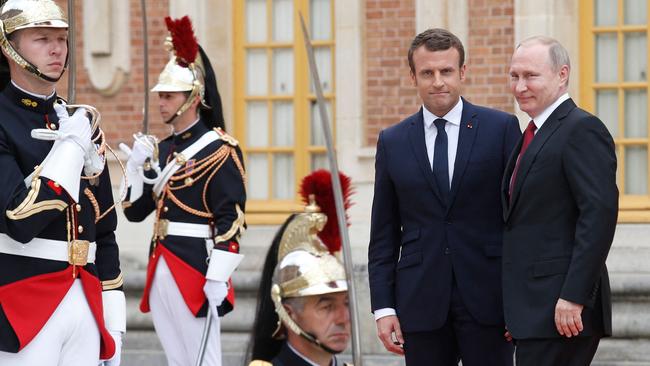
Previous sympathy on Europe’s far right for Mr. Putin has largely disappeared, said former U.S. Ambassador to Belarus Daniel Speckhard. That wouldn’t be the case if Putin had stuck to fighting around Ukraine’s eastern Donbas region, where Russia launched a covert invasion in 2014, Mr. Speckhard said: “Putin is his own worst enemy at this.” Russia’s war on Ukraine is the latest shock to hit in Europe in the past 15 years, from the global financial crisis to the challenges of mass migration, the U.K.’s exit from the EU and the Covid-19 pandemic. EU countries have often been badly split during prior crises, leading many observers to question the bloc’s stability -- notably at the height of the euro currency area’s debt turmoil in 2010-12.
The strong political commitment of most European countries to keeping the project of continental integration alive has survived each of those upheavals, despite the EU’s cumbersome decision-making processes. The bloc overcame an initially chaotic response to Covid and launched an ambitious collective economic response to help badly affected members.
The war in Ukraine found European military resources at a low ebb after three decades of cutbacks since the end of the Cold War.
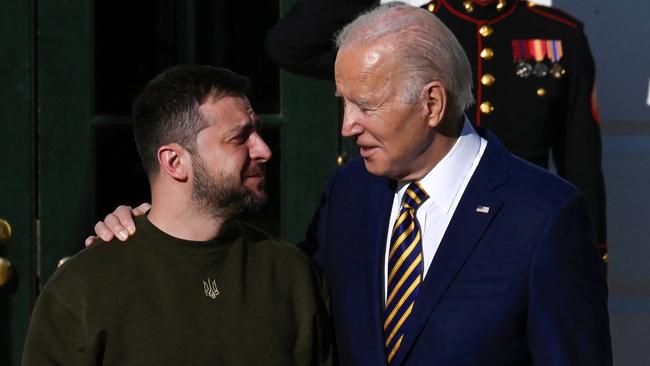
European countries’ relatively limited stocks of weaponry and ammunition have left Ukraine heavily dependent on the U.S. for military aid -- a fact reflected by Mr. Zelensky’s choice of Washington for his first foreign trip since Russia’s February invasion.
Billions of euros in promised EU financial aid for Ukraine were held up for much of this year by the bloc’s Byzantine decision-making and a dispute between Germany and the EU executive over how to pay for it, leaving Kyiv dependent on the U.S. to prop up its civilian budget.
Mr. Zelensky, who hopes to restore Ukraine’s internationally recognized borders in full, must worry above all about the durability of U.S. support.
Many U.S. officials, like their French and German counterparts, remain skeptical that Ukraine can expel entirely the Russian army, short of a level of NATO military support that would raise the risk of direct war with Russia.
Army Gen. Mark Milley, chairman of the Joint Chiefs of Staff, has encouraged Kyiv to consider negotiations, angering Ukrainian officials who believe they can retake much more ground. And House Minority Leader Kevin McCarthy has signaled growing skepticism among Republicans about military spending on Ukraine.
At the same time, President Biden himself has said that Mr. Putin shows no genuine interest in peace talks, mollifying officials in both Ukraine and Russia-bordering allies, who share that assessment. The president has signed off on sending increasingly sophisticated arms to Ukraine, including this month’s offer of the coveted Patriot missile-defense system.
Eastern and Northern European allies worry that the Biden administration’s caution about arming Kyiv decisively for victory -- alongside Europe’s limited weaponry stocks -- could condemn Ukraine and the continent to a long and bloody struggle.
The Western allies’ goal, said Czech Foreign Minister Jan Lipavsky, must be “the full restoration of Ukrainian territorial integrity and sovereignty,” as well as prosecuting Russian war crimes and curbing Moscow’s ability to threaten its neighbors. “Any other outcome is dangerous both for Ukraine and the EU,” he said.
“We have to stop playing this half-hearted game,” and step up assistance for Ukraine so that it can win the war, said Artis Pabriks, who was Latvia’s defense minister until this month. “Limited assistance is simply increasing pain,” he said.
Marcus Walker contributed to this article.
The Wall Street Journal


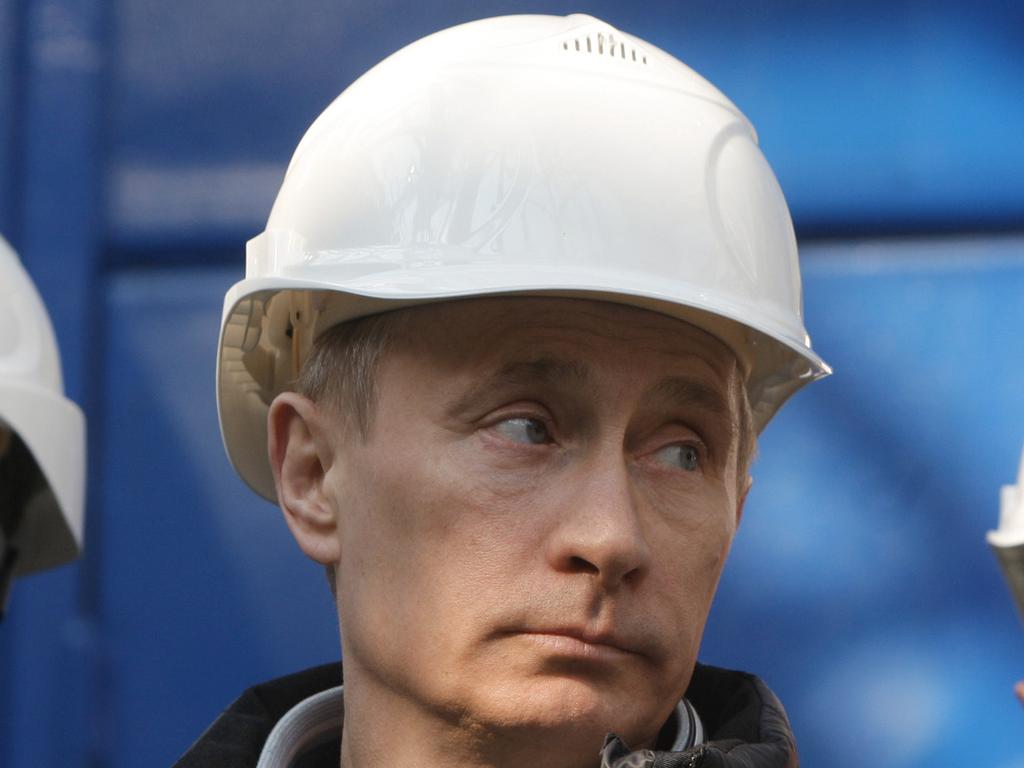
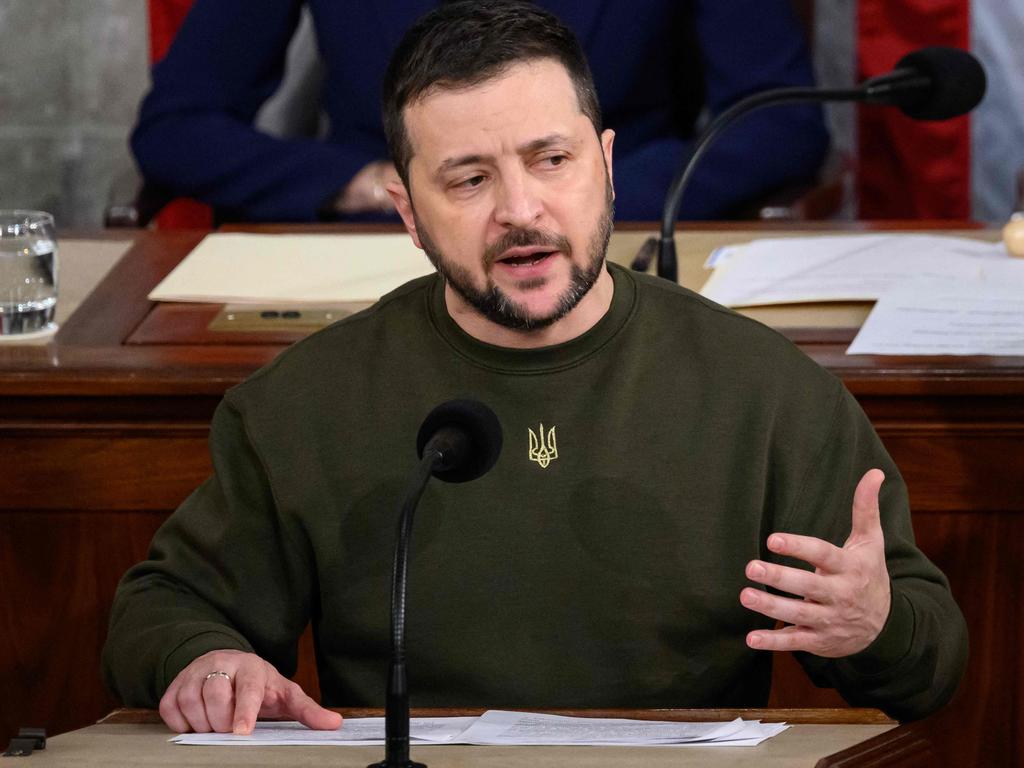
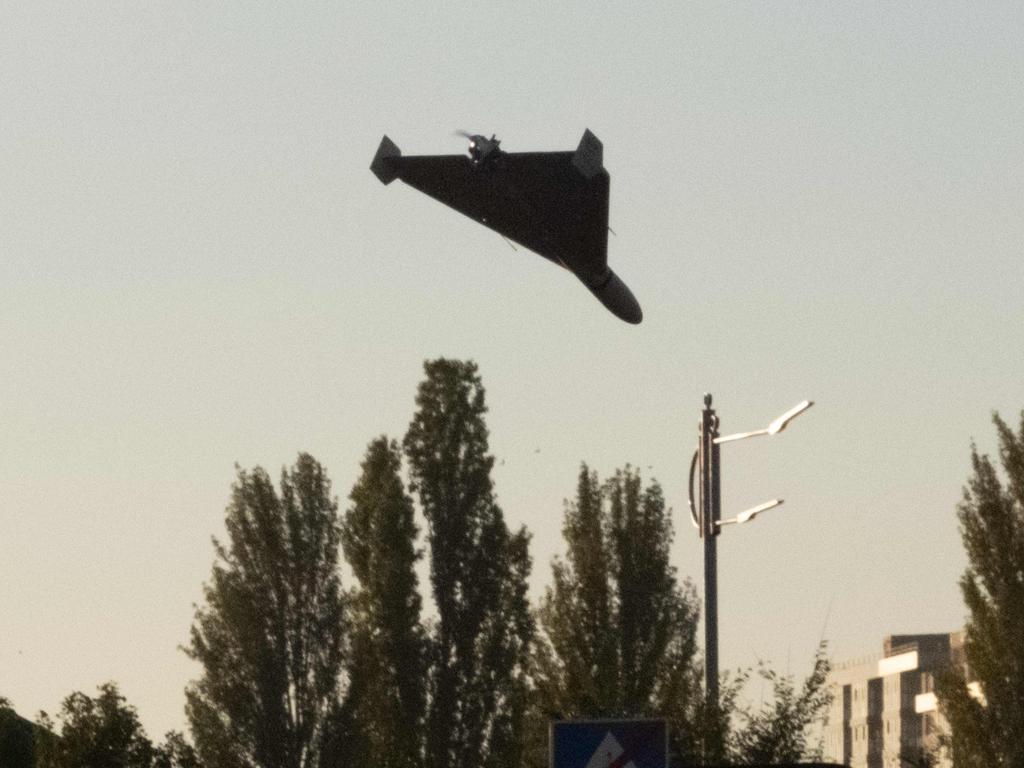


To join the conversation, please log in. Don't have an account? Register
Join the conversation, you are commenting as Logout